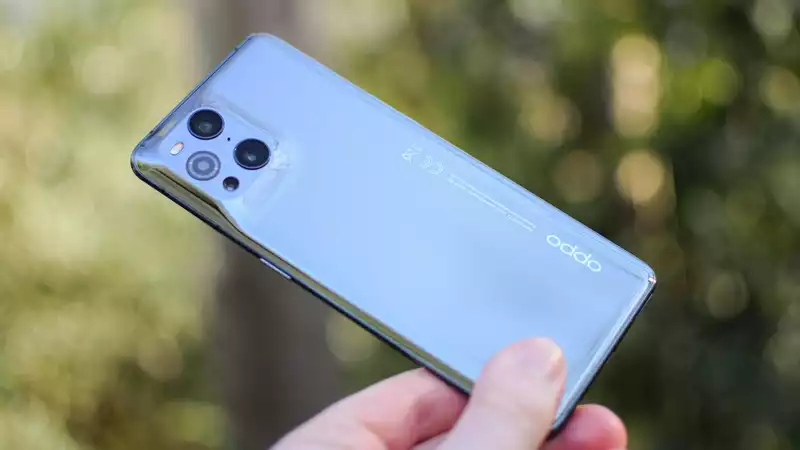Oppo, the developer of the Oppo Find X3 Pro and new parent company of OnePlus, will reportedly develop its own smartphone chips by 2023/24
According to sources speaking to Nikkei Asia, that's right, another smartphone company is trying to make its own chipset A fundamental change like an entirely new chipset is a big deal, and this is the second major manufacturer this year to try to ditch Qualcomm However, since Oppo has close ties to OnePlus and other smartphone companies, this development effort could have a significant impact on multiple Android phones
Nikkei sources add that Oppo wants to work with TSMC, the same chip maker that developed Apple's A-series mobile silicon, to make chips in a 3-nanometer process Since the major chips on the market today use a 5-nanometer process, Oppo would theoretically be on the cutting edge of chip technology when its own chips appear in two to three years
Google is going its own way with the Google Pixel 6 with its new Tensor chip Apple developed its own silicon in the A series of iPhones, and other companies like Huawei have also developed their own chips when they were unwilling to buy silicon from Qualcomm or MediaTek Samsung has developed its own Exinos chip, but is in an unusual middle ground because it is currently using Qualcomm's Snapdragon in the US to avoid the cost of licensing the necessary modem technology from Qualcomm
The advantage of cell phone manufacturers designing their own chips is that, in theory, they can achieve greater harmonization between hardware and software and have more overall control over how the two work together Again, Apple's excellent integration of iOS and A-series chips in the iPhone 13 is a prime example of this While we are currently testing the Pixel 6, Google's phone is the best way to experience Android 12 and could provide further inspiration for Oppo's future phones and ColorOS iterations
What this means for the end user may be a new Oppo phone that, in the best case scenario, offers unique and powerful new capabilities while addressing existing weaknesses In particular, Oppo may be able to equal its already excellent photography capabilities with Samsung and Google by incorporating its own processor alongside the algorithms and image signal processor (ISP) that Nikkei sources also mention
Similarly, Oppo may want to design a high-performance chip that can compete with the incredible strength of the Apple A series At this point, it is difficult to say exactly what Oppo is aiming for from the limited rumors, but what is important is that Oppo is free to pursue its own hardware priorities, which is great news for Oppo fans and Android users in general
But the biggest impact for US and UK users may actually come via OnePlus: OnePlus and Oppo merged this year, bringing together the hardware and software development teams of both companies
This would be important because Oppo has no presence in the US and only a small presence in the UK compared to the more established OnePlus brand; OnePlus phones, especially this year's OnePlus 9 and OnePlus 9 Pro, are already our best Android phones and on our list of best phones overall, custom silicon could help push these phones higher up the list; if OnePlus' custom chips further improve photography capabilities, we'd love to see it
BBK Electronics' Oppo and OnePlus stablemates, including Vivo and Realme, should also benefit from these chips, as they regularly share other components and features Realme, in particular, will benefit greatly as a budget-focused brand, as its unique chipset allows it to stand out from the crowd of similar Snapdragon- and Dimensity-powered phones So no matter your budget or location, you can still see the benefits of Oppo's rumored decision, just perhaps with a non-Oppo badge










Comments